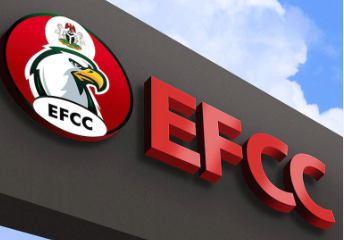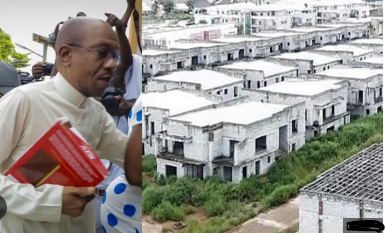Amid rising insecurity, declining value of the local currency, climate change and oil theft, among others, analysts have expressed cautious optimism on the recipe for drop in inflation in 2024 by Yemi Cardoso, Central Bank of Nigeria (CBN) governor.
Cardoso had said that Nigeria’s inflation rate will drop from 28.92 per cent to 21.4 per cent in 2024.
The governor, who made the projection on Tuesday in Abuja, when he addressed the House of Representatives, based the projected decline in the country’s inflationary pressure on inflation-targeting policies of the Federal Government.
He said that improvement in agricultural productivity and easing global supply chain pressures would also contribute to reining in inflation.
But analysts have expressed cautious optimism given the fact that the rising insecurity particularly in the northern and central regions of the country has virtually stopped farmers from going to their farms.
Adamu Abdullahi, from Zamfara state would rather prefer a declaration of state of emergency on food security, identifying rising insecurity, corruption as part of the factors militating against food security in the country.
READ ALSO: CBN not responsible for FX crisis –Cardoso
Abdullahi, who spoke on Arise Television’s, The Morning Show, program on Wednesday said a situation where farmers pay taxes to bandits before accessing their farms and also before harvesting in his home state, means that all is not well with the country.
Another analyst said the optimism of the governor is utopian and hypothetical since inflation targeting as a deliberate policy does not guarantee food sufficiency.
Besides, he regarded the project which he said was without backing with how to achieve it as ‘wishful thinking and another rhetoric.’
Another analyst also faulted his postulation that his optimism will be aided by improved agricultural productivity and easing global supply chain pressure.
According to him, it amounts to ‘turning the truth upside down’ to expect improved global food chain in the midst of raging Russian-Ukraine war that has rather disrupted food chain and transportation of food, particularly wheat and the devastating effect of the war in Gaza that is even impacting negatively on the prices of petroleum products, major sources of the country’s foreign earnings.
“So, how will the combination of all these bring about an improved global food chain, with current prices of 50 kg bags of local rice going for over N60, 000 and foreign ones, N70, 000?”
.The naira’s decline is fueled by rising inflation and a cost-of-living crisis. Key commodity prices have more than doubled since May 2023, contributing to a 27-year high in headline inflation at 28.9%. Additionally, the naira has lost 17% of its value in 2024, following a 39% loss in 2023, with the official rate hitting a record low of N1450/$, compared to N490/$ in 2016.”

 Entertainment1 week ago
Entertainment1 week ago
 Entertainment5 days ago
Entertainment5 days ago
 Comments and Issues1 week ago
Comments and Issues1 week ago
 Comments and Issues1 week ago
Comments and Issues1 week ago
 Comments and Issues1 week ago
Comments and Issues1 week ago
 Health7 days ago
Health7 days ago
 Health3 days ago
Health3 days ago
 Football7 days ago
Football7 days ago













